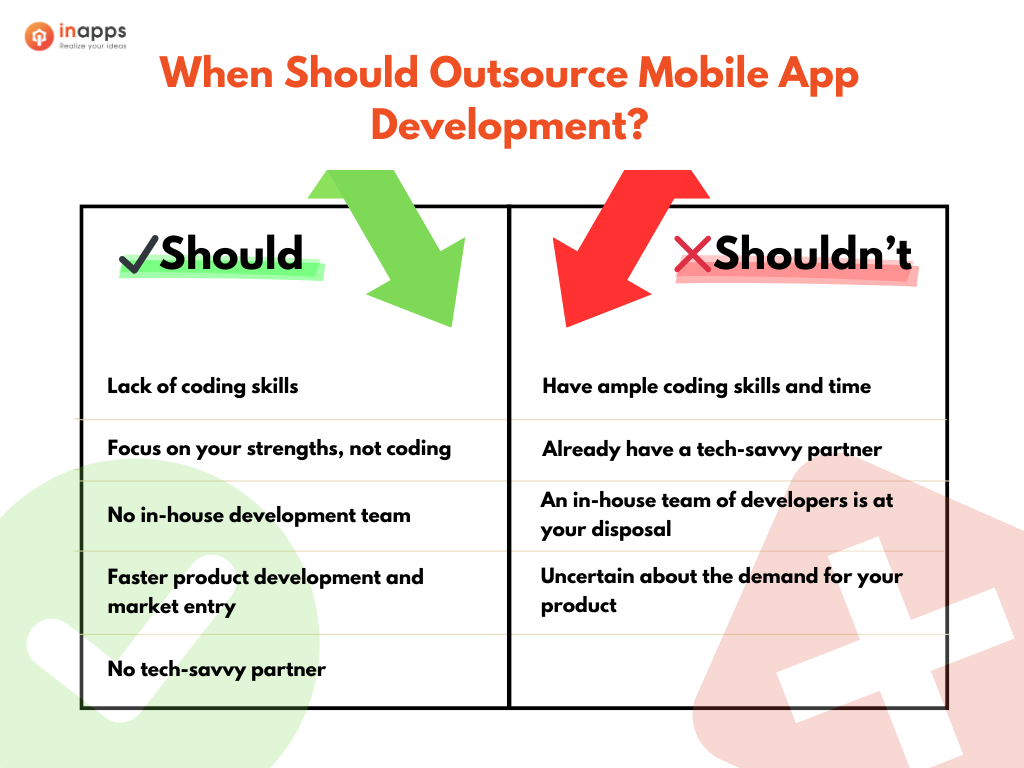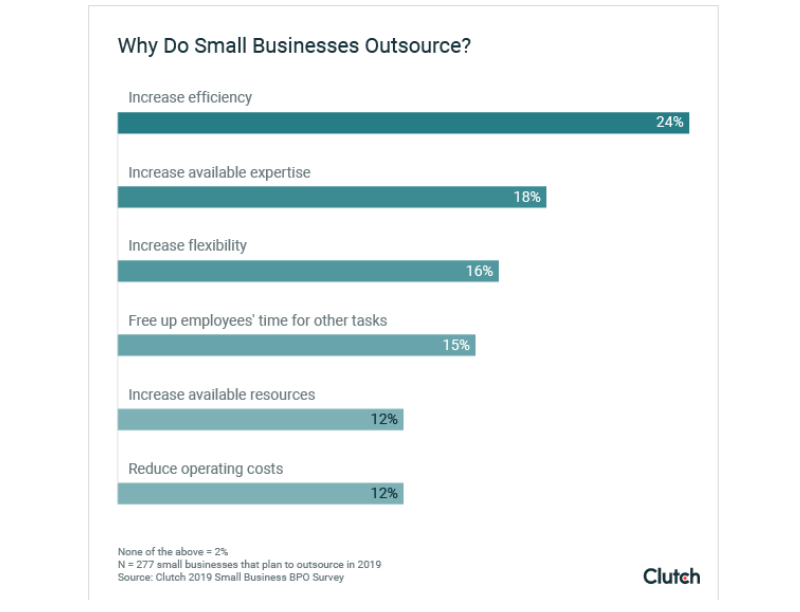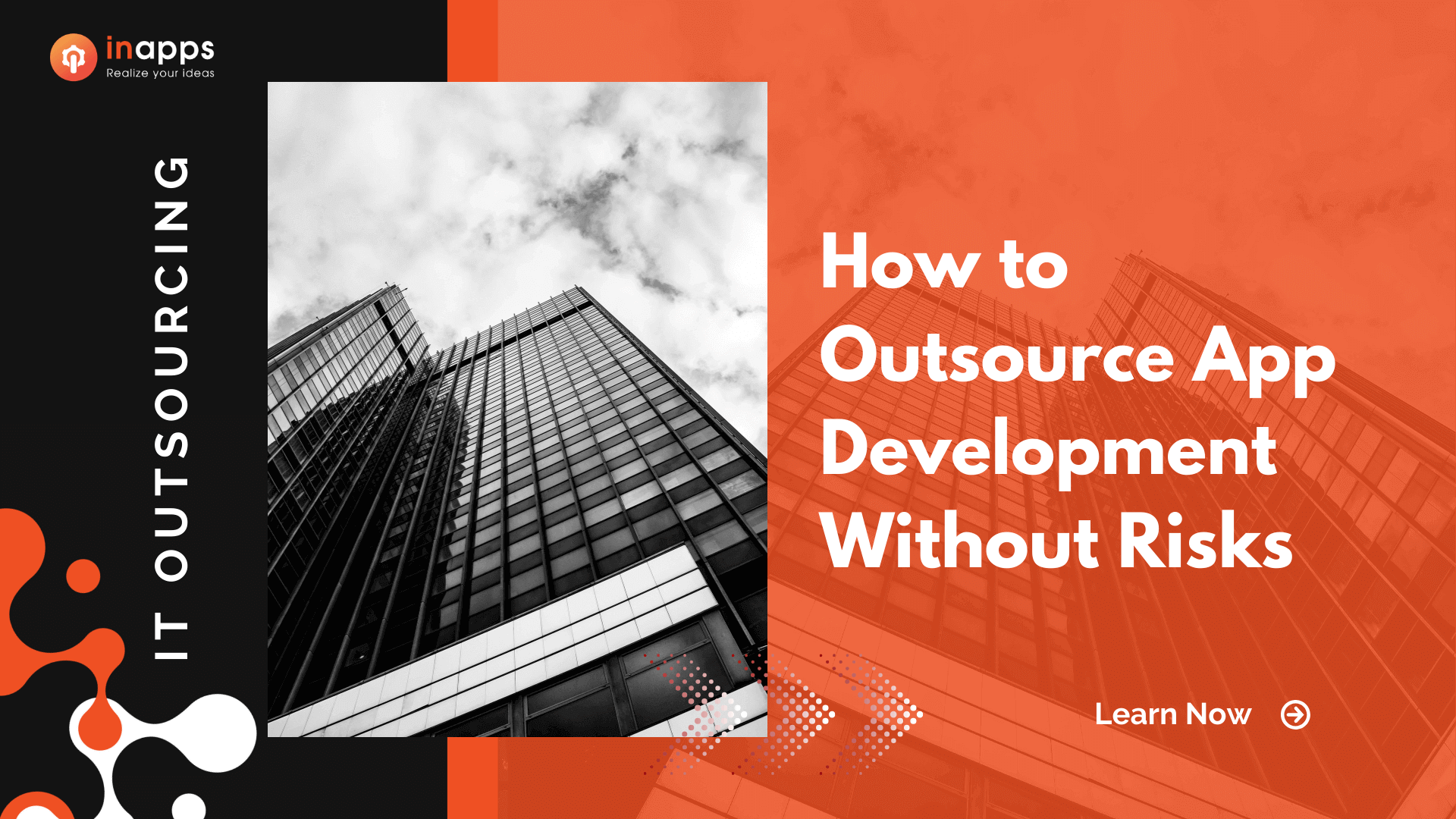Outsourcing mobile app development: Is it the right choice for your IT projects?
In the digital era, where people use their smartphones to meet their needs with just a few taps, more and more businesses are considering mobile app development outsourcing to reach and engage with these potential customers. According to a report by Data.ai, people spent 5.5 hours on average on their mobile devices in the top 10 markets in the first quarter of 2023, compared to 5.4 hours in 2022. Moreover, in-app spending is expected to surpass $33 billion by the end of 2023.
However, as businesses eager to enter the mobile market face a shortage of mobile development talent and high hiring costs, their excitement dwindles. Fortunately, there’s a solution to this challenge, and it’s called “IT outsourcing”.
But there are essential factors to consider to make outsourcing work for you and unlock its true potential. With over 7 years of experience developing customized mobile solutions and helping startups grow, InApps can explain why outsourcing is the right choice in 2023.
We’ve seen how mobile app development outsourcing can provide strategic and financial benefits, helping startups achieve remarkable success. If they can do it, so can you – In this article, you’ll discover essential tips for choosing the right agency to ensure steady business growth.
Sound goods? Keep reading!
1. What is Outsourcing Mobile App Development?
Mobile app development outsourcing refers to hiring an external company or team to design, develop, and maintain a mobile application for your business or project rather than handling the entire process in-house. Depending on your preferences and cost considerations, this external team can be located in the same country or a different region or country.

2. When Should You Outsource Mobile App Development?
Why consider outsourcing mobile app development? Well, it depends on your abilities and how fast you want things to happen.

❌ Your businesses probably shouldn’t outsource app development if:
- You can create the app independently and have the time to do it.
- You already have a tech-savvy partner.
- You’ve got your in-house team of developers.
- You’re not sure if your product is really needed or not.
✔️ On the flip side, you might want to think about outsourcing mobile app development if:
- You can’t personally write the app’s code. Maybe you’re somewhat tech-savvy, but building an app from scratch is beyond your reach.
- You don’t have a team yet. You plan to hire eventually but have not found a tech-savvy co-founder or in-house developer.
- You’d instead not dive deep into intensive coding. Sure, you could learn some basic coding skills in a few weeks or even take a coding course for a year, but when you have other strengths to bring to the table, this coding path might not be your cup of tea.
- Most non-tech founders fall into the second category. Despite what some might think, it’s only dire if you aim for significant VC funding, which usually prefers in-house tech development. In that case, finding a tech-savvy partner or exploring other funding options is best.
Outsourcing software development can be a wise choice in many other funding scenarios, such as bootstrapping. If you lack the skills to build the mobile app yourself and aim to get your product into customers’ hands quickly, outsourcing mobile app development is a viable option to consider.
3. 6 Key Advantages of Outsourcing Mobile App Development
Outsourcing mobile app development companies brings numerous advantages. Let’s highlight the key ones:
3.1. Outsourcing app development is often more affordable
The main advantage of working with outsourcing companies is that it significantly lowers app development expenses.
Recruiting skilled IT professionals is both time-consuming and expensive. Once onboarded, an internal app development team comes with various costs, including those associated with finding & hiring candidates and office-related expenses like workspaces, holidays, and sick days.
Opting for a dedicated team managed by an external outsourcing development company grants you access to top-notch talent and expertise, all without the burden of hiring specialists on a full-time basis.
Furthermore, if you outsource mobile app development to a 3rd-party partner, you aren’t restricted to hiring locally. This means you can collaborate with app developers in more cost-effective regions like Vietnam or India, resulting in significant cost savings while maintaining the quality of your final product.
You might like: Popular Outsourcing Models Compared – How to Choose the Best One in 2023
3.2. Greater flexibility
Outsourcing enables your business to easily adjust the size of your development team to adapt to changing business needs.
On the other hand, adjusting the size of an in-house team is a more time-consuming and costly process. Not to mention, downsizing an in-house team could lead to employee layoffs, which may negatively impact team morale and the company’s reputation as an employer.
3.3. Get the best IT talents
As IT companies grow, they become involved in larger, more challenging projects. This is why they bring on board leading experts in their respective fields. They require a highly proficient team to meet their clients’ high expectations.
When you outsource mobile app development projects to such a company, you tap into a pool of talented engineers who have been carefully selected and proven their skills through various projects.

3.4. Quick and efficient mobile app development
Building an in-house team of software developers is a time-consuming process. Based on our experience, finding, attracting, and hiring the right talent takes approximately three months. This means entrepreneurs may have to wait several months before their team is fully formed and ready to begin app development.
Conversely, businesses outsourcing the development process can speed up the time it takes to bring their app to market. This is because a specialized service provider can assemble a team of tech experts within just one or two weeks.
Read more: 9 Practical Tips to Choose a Mobile App Development Company for 2023
3.5. Focus on core competencies
In a survey conducted by Clutch, 24% of small businesses mentioned that they turned to outsourcing to boost efficiency. This highlights the importance of handing over non-essential tasks to external service providers, allowing your organization to focus on what it does best.
Furthermore, this method lightens the workload for your in-house development teams. They can channel their time and energy into strategic goals and crucial projects with fewer distractions, increasing efficiency and productivity.

3.6. Tried-and-true procedures for app development
IT outsourcing providers give you access to teams with extensive experience working on numerous projects and creating many applications.
This means an outsourced team comes prepared with transparent processes and effective workflows that enhance productivity and expedite development, guaranteeing top-notch quality at every project stage.
4. 3 Key Disadvantages of Outsourcing Mobile App Development
Indeed, every choice has its advantages and disadvantages. We’ve already highlighted the benefits of collaborating with outsourcing companies, so let’s now consider the possible drawbacks.
Here are the main concerns to be aware of when considering outsourcing software development and partnering with an external team.
4.1. Communication and collaboration challenge
Without a doubt, effective communication stands out as a critical aspect of outsourcing. However, when dealing with teams located far away, various challenges can emerge, including:
- Language barriers
When outsourcing, your development team may be in a different country, and language differences can result in misunderstandings and communication breakdowns.
- Cultural differences
Divergent cultural norms and work styles can pose hurdles to collaboration, potentially affecting the project’s overall success.
- Limited face-to-face interaction
The absence of in-person meetings can hinder the establishment of rapport and trust, impacting project management and productivity. Consequently, this could lead to possible delays and less-than-satisfactory outcomes.
New on the week: Insourcing vs Outsourcing: Finding the Right Balance for Your IT Projects
4.2. Quality control issues
Maintaining top-notch quality and meeting deadlines can pose challenges in the outsourcing process. These concerns encompass:
- Monitoring development progress
In outsourcing mobile app development, direct supervision may not be feasible. Ensuring the development team adheres to the agreed-upon standards and timelines is challenging.
- Limited control over the process
Outsourcing often entails giving up some control over the project, which can result in unexpected problems or deviations from the initial plan.
4.3. Security and confidentiality concerns
When you outsource mobile app development, you may encounter security and confidentiality risks, including:
- Data breach risk
Entrusting sensitive data to an external development team increases the potential for unauthorized access and data breaches.
- Concerns about confidentiality
Outsourcing often means sharing proprietary information or trade secrets, which can raise worries about safeguarding intellectual property.
5. Conclusion: Should You Outsource Mobile App Development or Not?
So, we’ve covered the essentials of outsourcing mobile app development in Part I. That wraps up our discussion on successfully outsourcing mobile app development in 2023 (Part I). We’ve covered:
- The meaning of outsourcing app development
- When it’s suitable or not
- The essential benefits and pitfalls to be aware of.
Part II will take us further, presenting a straightforward 3-step approach to simplify the outsourcing process. Our team will also tackle the crucial topic of minimizing risks and understanding the pricing factors in outsourcing mobile app development without risks and associated costs.
Stay tuned for the next part to help you decide whether outsourcing is the right fit for your needs. Thank you for joining us on this journey!
Let’s create the next big thing together!
Coming together is a beginning. Keeping together is progress. Working together is success.



















